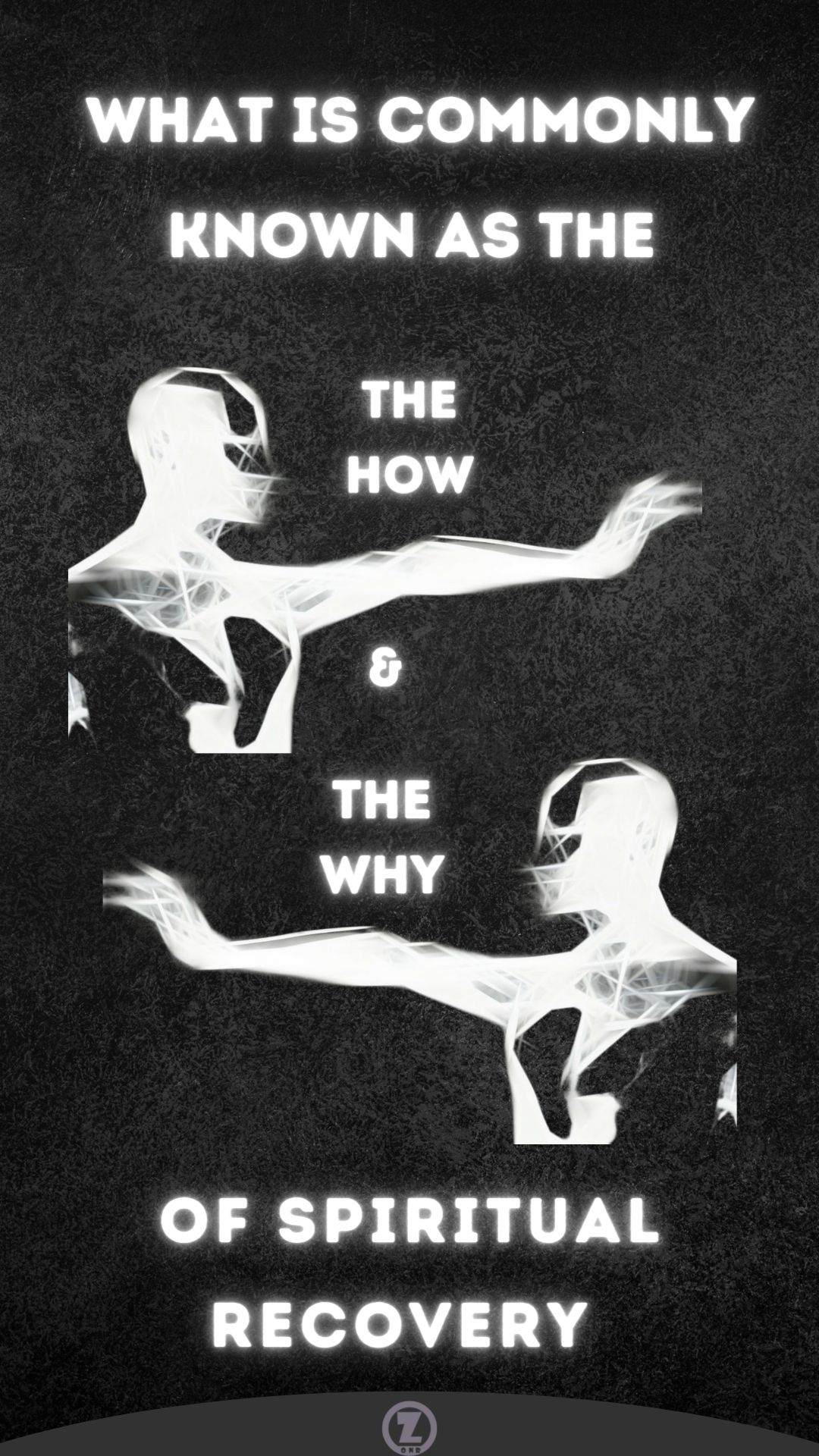Featured Comment from Adam – “Honesty, open-mindedness, and willingness and it takes work to make sure I am these as much as possible. I think the sfz means we are willing to grow along spiritual lines. Ultimately I won’t stay sober if I don’t grow in this area.”
~~~ Sign up to get Zonr for Today’s Full SFZ
~~~
What are the three basic spiritual principles that help people begin recovery, and why is it important to focus on progress instead of perfection?
~~~
Imagine – John Lennon (3:14)
Popular Zen Spa for Sleep Meditation LP (8hrs)
Today’s SFZ offers a profound insight into the foundations of spiritual recovery, particularly through Step Two of the 12-Step program, by distinguishing between the how and why of the process. Rooted in the principles of honesty, open-mindedness, and willingness, the “HOW” represents the essential attitudes needed to initiate and sustain recovery. As emphasized in The Basic Text (p. 96), these three principles are not lofty ideals but practical commitments. Honesty begins with the admission of a desire to change—specifically, to stop using substances. It evolves into a deeper recognition of one’s powerlessness and the unmanageability of life, marking a crucial step toward spiritual awakening.
Psychologist Carl Rogers’ theory of personal growth reinforces this idea, asserting that real change begins when individuals are honest with themselves and open to experience. Rogers argued that conditions of psychological safety—anchored in honesty and acceptance—enable authentic self-discovery and transformation.
The “WHY” of spiritual recovery, as outlined in Twelve Steps and Twelve Traditions (p. 52), clarifies the purpose of the process: growth along spiritual lines. It recognizes that perfection is not the goal—progress is. This distinction is vital, as it alleviates the pressure of flawlessness and instead encourages a lifelong journey of self-improvement. Philosopher Søren Kierkegaard described faith as a “leap,” not into perfection, but into commitment despite uncertainty—an idea that resonates here.
Michael J. Fox’s quote elegantly echoes this message. His caution not to confuse excellence with perfection reminds us that human recovery is not about achieving divinity, but striving toward betterment with humility. Together, these texts champion a recovery rooted in effort, spiritual progress, and self-compassion, grounded in the attainable rather than the ideal.


Leave a Reply